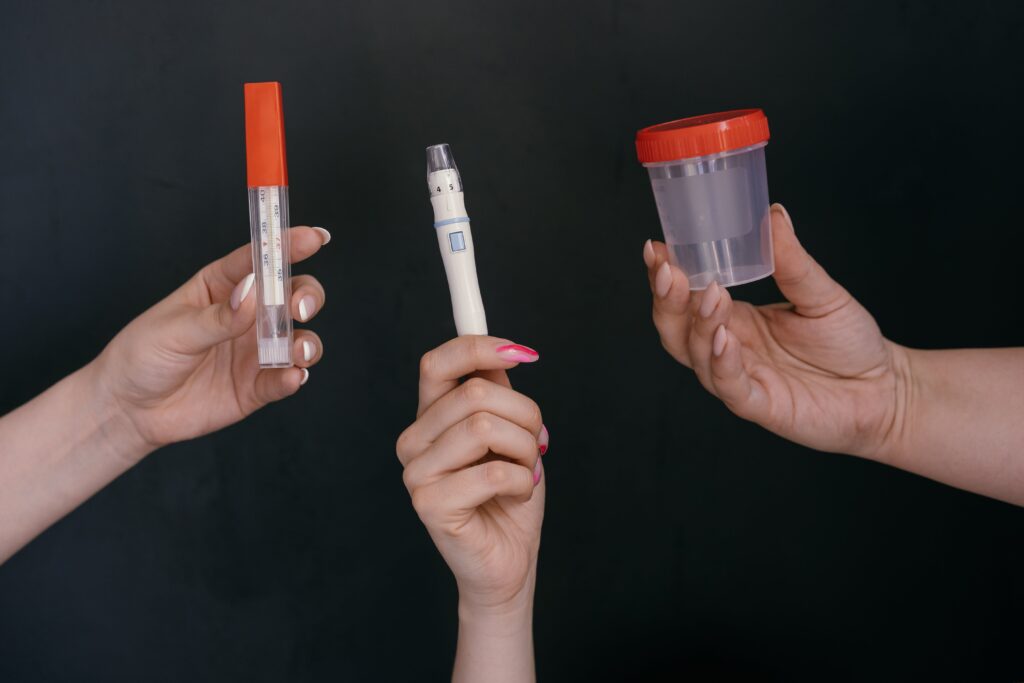Introduction: The question of whether vaccines can cause autism in children has been a subject of controversy and concern for many parents. In this blog post, we will delve into the extensive research and scientific evidence that overwhelmingly supports the idea that vaccines do not cause autism.

Understanding the Concern: The origin of the vaccine-autism controversy can be traced back to a fraudulent 1998 study by Andrew Wakefield, which suggested a link between the MMR (measles, mumps, and rubella) vaccine and autism. However, this study has since been discredited, retracted, and labeled as fraudulent, and Wakefield lost his medical license.
Extensive Research and Scientific Consensus: Subsequent to this controversial study, numerous extensive studies have been conducted to investigate the potential link between vaccines and autism. These studies have involved large populations and diverse samples, and they consistently conclude that there is no connection between vaccines and the development of autism.
Vaccine Safety Protocols: Vaccines go through rigorous testing for safety and efficacy before they are approved for public use. They are continuously monitored for safety once in circulation. Any concerns about vaccine safety are thoroughly investigated by regulatory agencies.
Herd Immunity and Community Health: Vaccines play a vital role in maintaining herd immunity, which is crucial for protecting individuals who cannot receive vaccines due to medical reasons. Herd immunity helps prevent the spread of preventable diseases, safeguarding the entire community, including those who are most vulnerable.
The Consequences of Vaccine Hesitancy: Believing in a link between vaccines and autism can lead to vaccine hesitancy or refusal. This can have serious consequences, as preventable diseases can resurge, putting children and communities at risk.
Listening to Expert Advice: It is essential to rely on expert advice and reputable sources when making decisions about vaccines for your children. Consult with pediatricians and rely on organizations like the Centers for Disease Control and Prevention (CDC) and the World Health Organization (WHO) for credible information.
Conclusion: The vaccine-autism controversy is not based on scientific evidence. The consensus within the scientific and medical communities is clear: vaccines do not cause autism. Vaccines are a vital tool for protecting children from preventable diseases and ensuring public health. Understanding the facts about vaccine safety is essential for making informed decisions and safeguarding the health of your child and the broader community.
